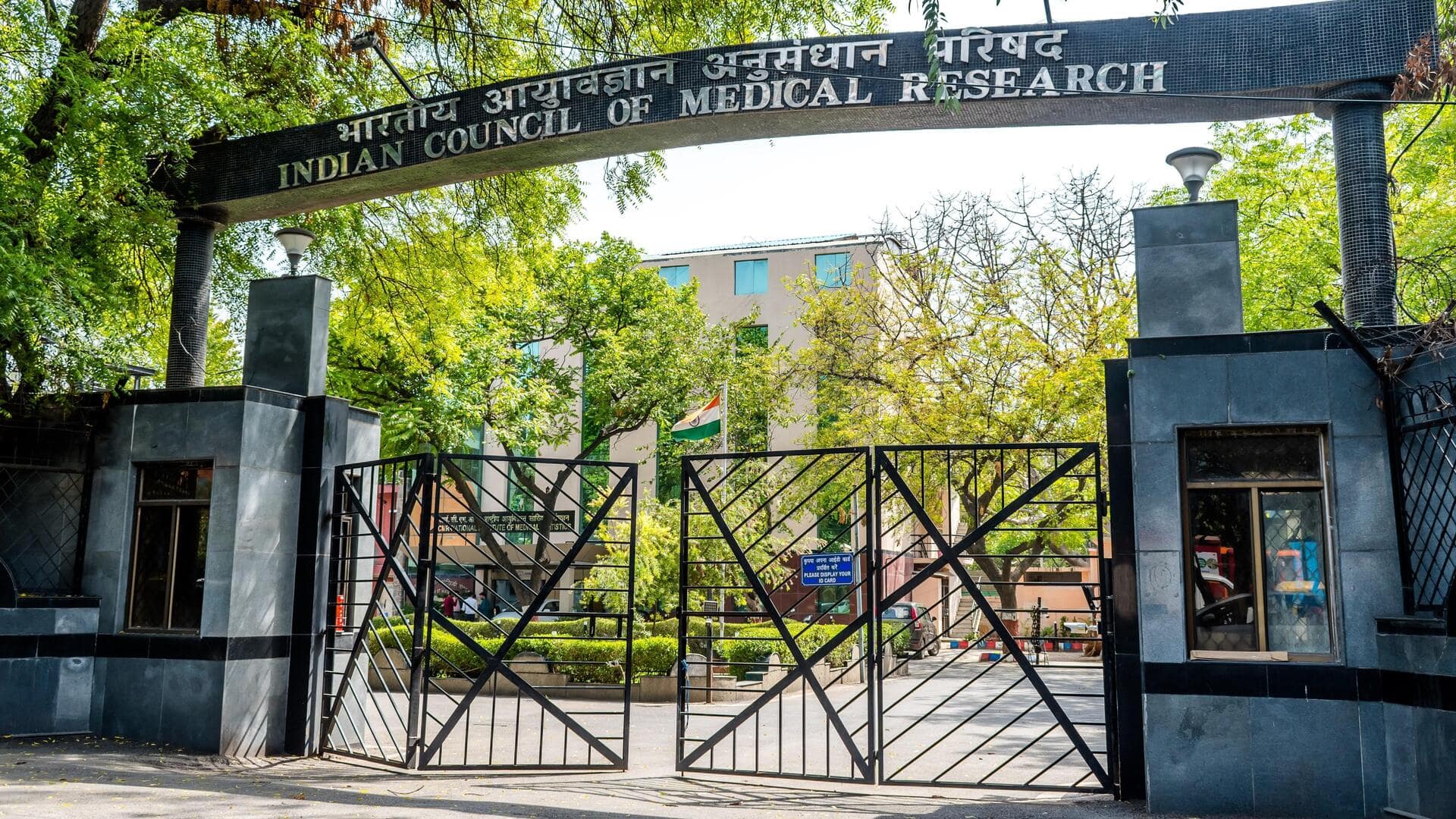
Finding rare blood types will become easier in India
What's the story
The Indian Council of Medical Research (ICMR) has launched a national 'rare blood donor registry.' This initiative is aimed at helping patients with rare and uncommon blood types who require frequent transfusions. The registry was developed by the National Institute of Immunohaematology (NIIH), Mumbai, and will be integrated with e-Raktakosh, a platform that currently provides information about blood availability.
Improved access
How will the registry help?
The integration of the rare blood donor registry with e-Raktakosh will make it easier for people with rare blood groups to find and procure blood from banks. It will also help the blood banks manage their stock and donors through a centralized system. Dr. Manisha Madkaikar, Director of ICMR-Centre for Research Management and Control of Haemoglobinopathies (CRHCM), Nagpur, shared these details about this important development.
Transfusion needs
More than 4,000 licensed blood banks in India
India's population of over 1.4 billion people has more than 4,000 licensed blood banks, as per the Central Drug Standard Control Organisation (CDSCO). The country sees a high demand for blood transfusions due to a higher prevalence of blood diseases and complications during pregnancy. "Thalassemia itself contributes to 1 to 1.5 lakh patients who require recurrent transfusions," Dr Madkaikar said, highlighting the need for such initiatives.
Supply challenges
Understanding the issue of rare blood supply
Rare blood groups are those that lack high-frequency antigens (HFA) or are negative for a combination of common antigens. Meeting the demand for rare blood supply is challenging and time-consuming for such patients. "The need of a patient for rare blood can be the start of a series of events that may extend beyond the local blood center and become a national or even an international search," Dr Madkaikar said.
Development
Donor registry project in the works for long
ICMR-NIIH had been working on building a national rare donor registry for sometime. In 2019, it screened 4,000 'O' group regular blood donors for all clinically important antigens via high throughput molecular assays. This was done in collaboration with important blood banks from KEM Hospital in Mumbai, PGIMER in Chandigarh, MCH in Kolkata, and JIPMER in Puducherry. "More than 600 donors negative for combination of antigens were identified along with 250 very rare blood group donors," Dr Madkaikar claimed.